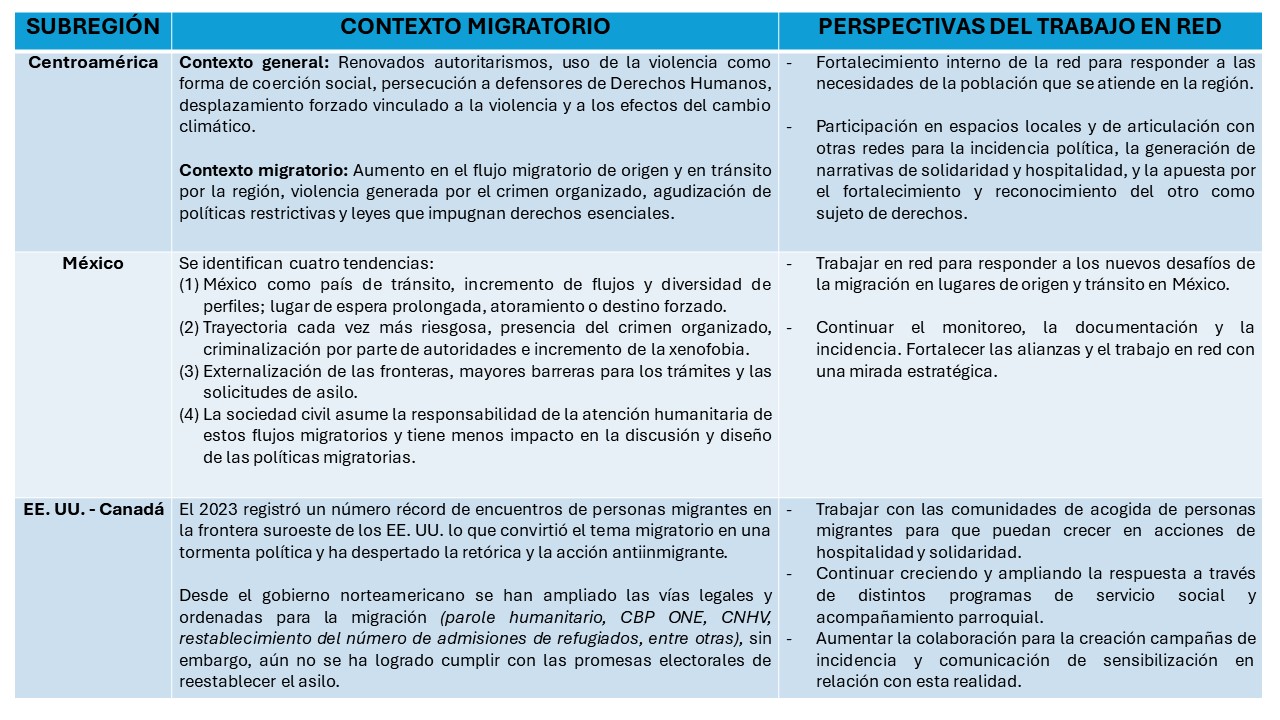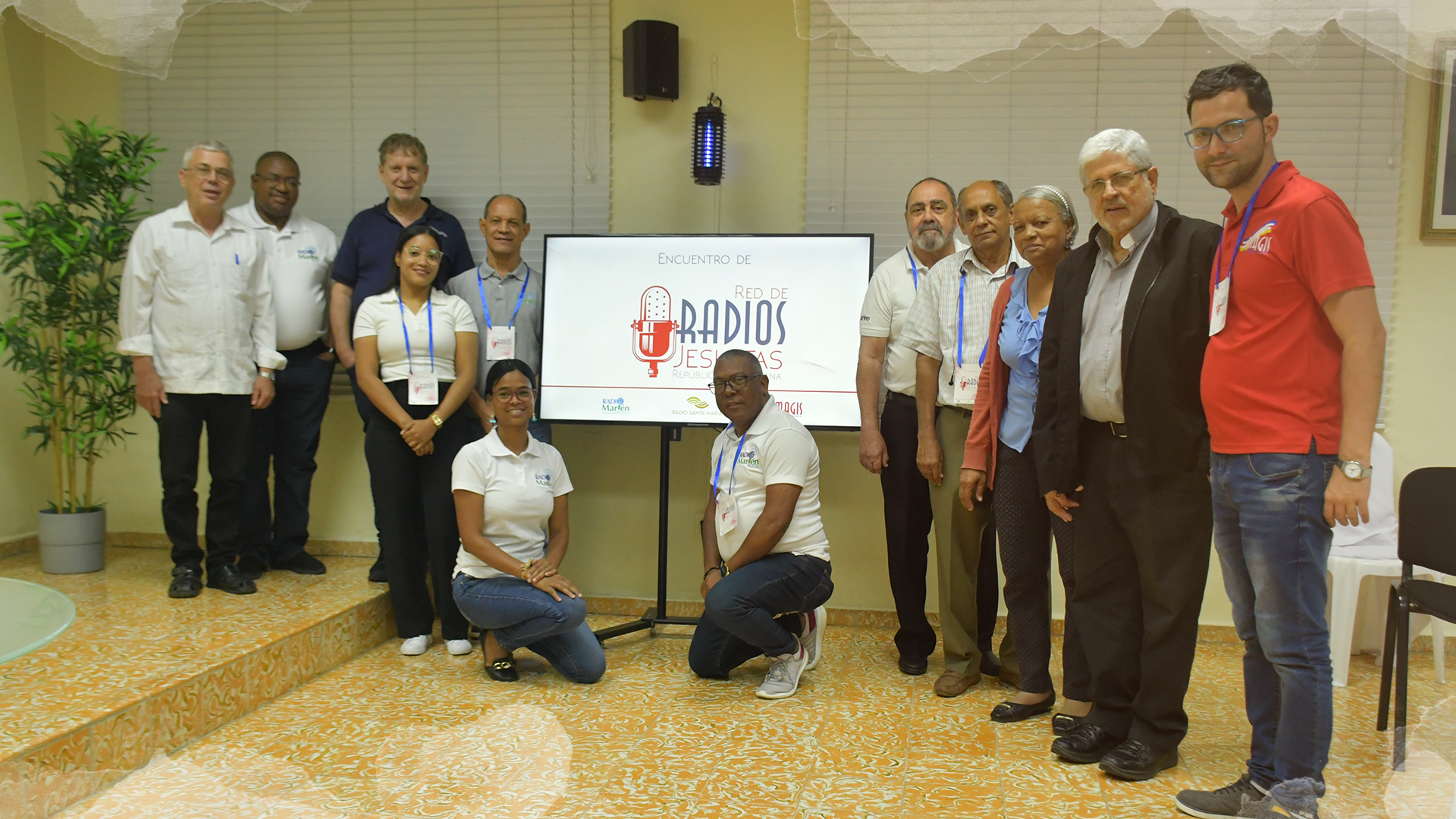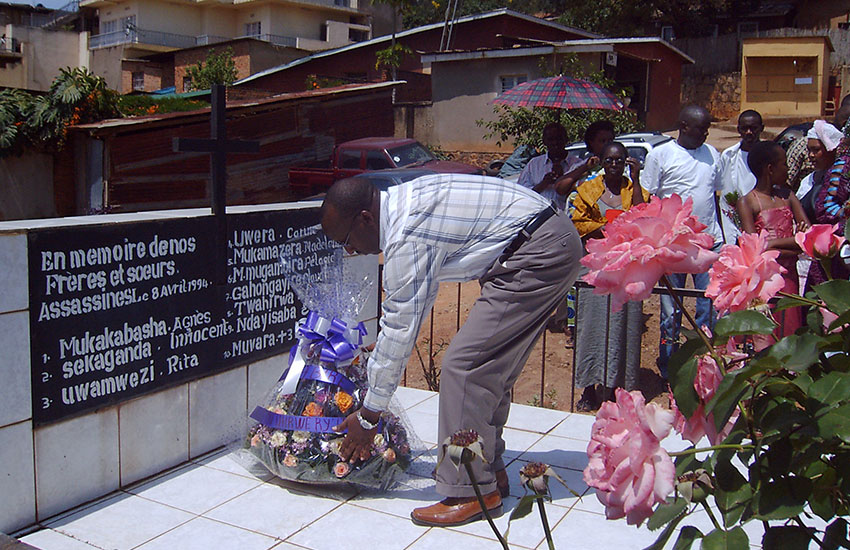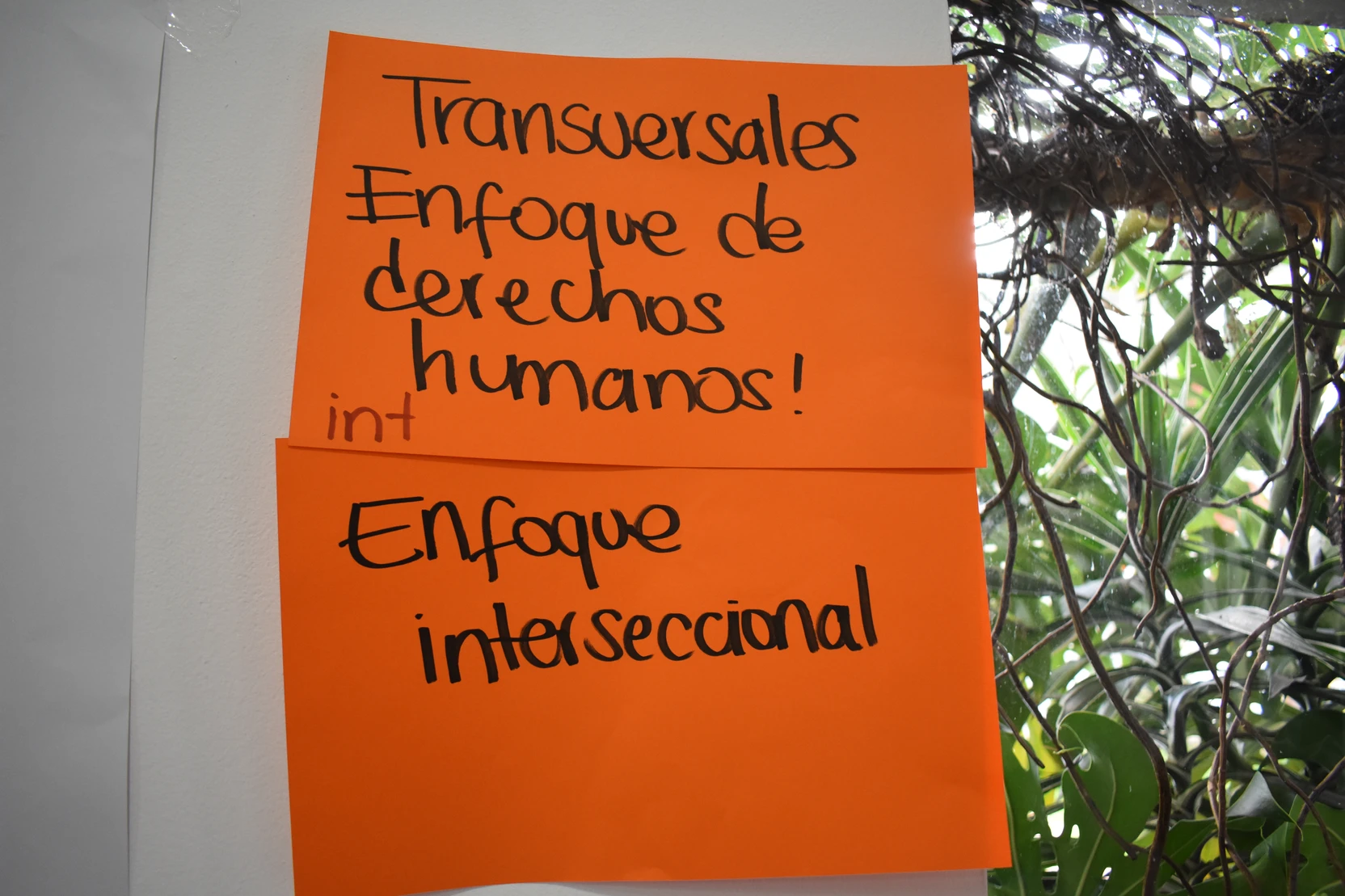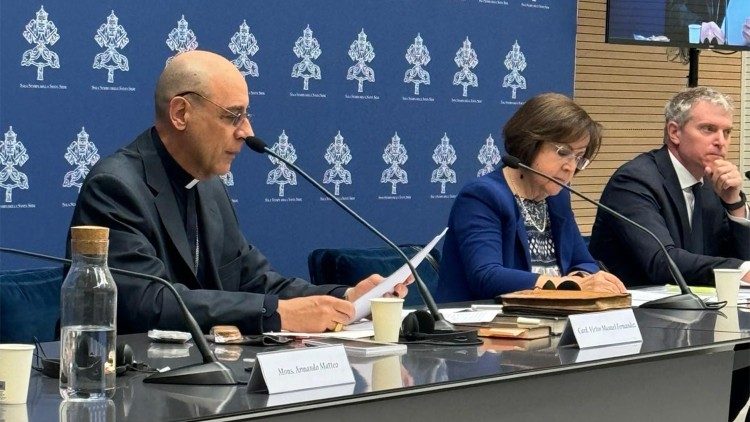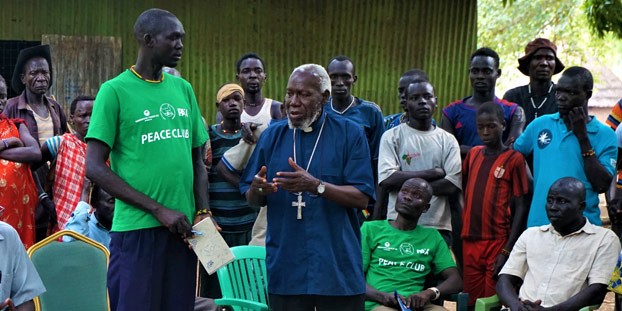Mexico – Report on the Disappearance of Migrants
The Jesuit Migrant Service Mexico (SJM-Mexico) presents its "Report on the Disappearance of Migrants in Mexico", where it presents the results of its 15 year old Program for the Search for Disappeared Migrants (PBPMD).
The report consists of six chapters: (i) what the PBPMD consists of, (ii) its main results, (iii) the debts of the Mexican State in terms of prevention and search for missing migrants, (iv) the challenges in the access of relatives of missing migrants to psychosocial support, (v) the challenges in communicating the disappearance of migrants in Mexico and (vi) recommendations to relatives, search groups, civil society organizations, international organizations and agencies, as well as government institutions in the region according to their area of competence.
Between 2007 and 2021, the organization attended to 1,280 cases of missing persons, with 2018, 2019 and 2021 being the years with the highest number of requests received. Regarding the profile of the missing persons, 71% are Central Americans, followed by 22% Mexicans and 7% South Americans; 86% between the ages of 18 and 59; 74% men; and 96% with their place of destination in the United States. Regarding the places from which the requests were made, mostly by family and friends, the Report highlights that 28% were made from the United States, 24% from Mexico, 13% from Nicaragua and Honduras, 11% from Guatemala, 5% from El Salvador and 6% from other countries of the continent. In terms of places of last contact, 94% were in Mexico and the remaining 6% in the United States.
The Report indicates that around 75% of the persons located in Mexico were detained in a migration station or temporary stay in Chiapas and Tabasco, which shows that the detention and incommunicado detention of persons housed in these places has become one of the main sources of disappearances; Migrants who are detained are generally deprived of their right to communicate with their families and friends, so that they lose contact with them either in their places of origin or destination, who then proceed to file a search report fearing that the worst may have happened to them.
Given this situation, the Report emphasizes the urgent need to implement a national public registry of immigration detention, which in practice should already exist, since the National Detention Registry Law, published in the Official Journal of the Federation (DOF) in May 2019, not only mandates the creation of a registry of detentions and the creation of a Registry Consultation System accessible to anyone, but in its eighth transitory article it also mandates the creation of a registry of detained migrants. This registry is crucial, since through the Consultation System it would allow relatives of missing migrants and those accompanying them in this search to access information remotely about their possible whereabouts in a detention center, or to rule out this hypothesis and take the necessary actions to search for them by other means in the shortest possible time, which is a key resource in the search process for missing persons.
The Report recognizes the efforts of the Mexican state with respect to the creation of the Foreign Support Mechanism (MAE) in 2015, which allows families of missing migrants outside of Mexico to file and follow up on reports of disappearance. However, he also points out that, according to his experience, there are cases of family members who have filed reports and, after months of waiting, do not know if it was attended to, if it reached the corresponding authority, if any follow-up has been given to it or if there is any progress.
The same is said in relation to the creation of the National Commission for the Search for Persons (CNB), as well as the local commissions in each state of the country, since they have contributed to facilitate the process for family members to file a report of disappearance, as well as to follow up on it; particularly, by making available to the citizenry various means to do so. However, it argues that there is still a need to implement a tool that allows families to file and follow up on reports of disappearance from their countries of origin.

The document also emphasizes that it is urgent that the Mexican State include in its public policies and that the competent authorities intervene and carry out actions to prevent the disappearance of migrants. For example, through the establishment of safe routes and access to information for people in transit, eradication of the criminalization of migrants to facilitate the filing of complaints for the commission of crimes, effective access to justice, among others.
Regarding psychosocial support for family members, the Report presents the five main impacts and challenges: 1) the lack of support and response from the authorities, 2) the fact that they are often forced to continually recreate the event with the constant requests they must submit to the various authorities to whom they present their case, 3) being forced to adopt new family roles, 4) facing speculation from other people in their places of residence regarding the reasons for the disappearance, and 5) having to cross different countries and encounter linguistic, cultural and bureaucratic barriers. In view of this situation, the Report points out the importance for personnel working in search institutions to practice confidentiality at all times and to plan care strategies for special cases, for example, when family members do not speak Spanish. It also mentions that personnel should be trained and updated in psychological first aid, emotional support and interview techniques, among others.
Finally, the Report points out that the main challenges in communicating the issue of disappearance are: lack of access to information, permanent and constant coverage of the issue, persecution by authorities, among others. It also provides a series of recommendations for those who cover the topic, such as having psychological preparation, maintaining contact with family members, putting the person at the center, speaking in the present tense, contextualizing and following up on the case. SJM-Mexico recognizes that only through collaboration between family members, search groups, national and international civil society organizations, international organizations and agencies, as well as government authorities, according to their area of competence, will it be possible to improve strategies to address this problem and advance in the search for justice, truth and dignity of migrants who need it most.
Download: Report on Disappearance of Migrants in Mexico.
Source: CPAL

